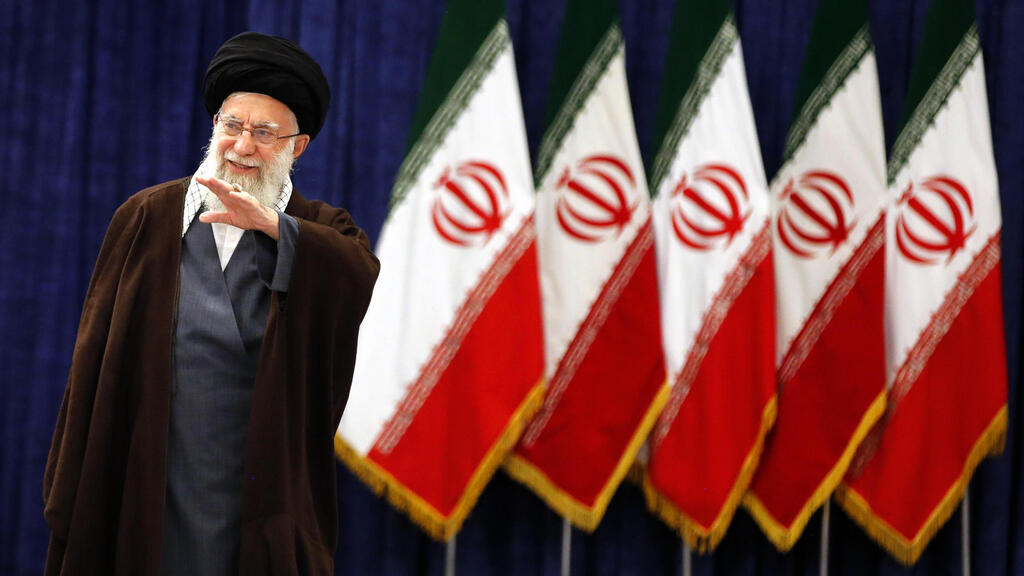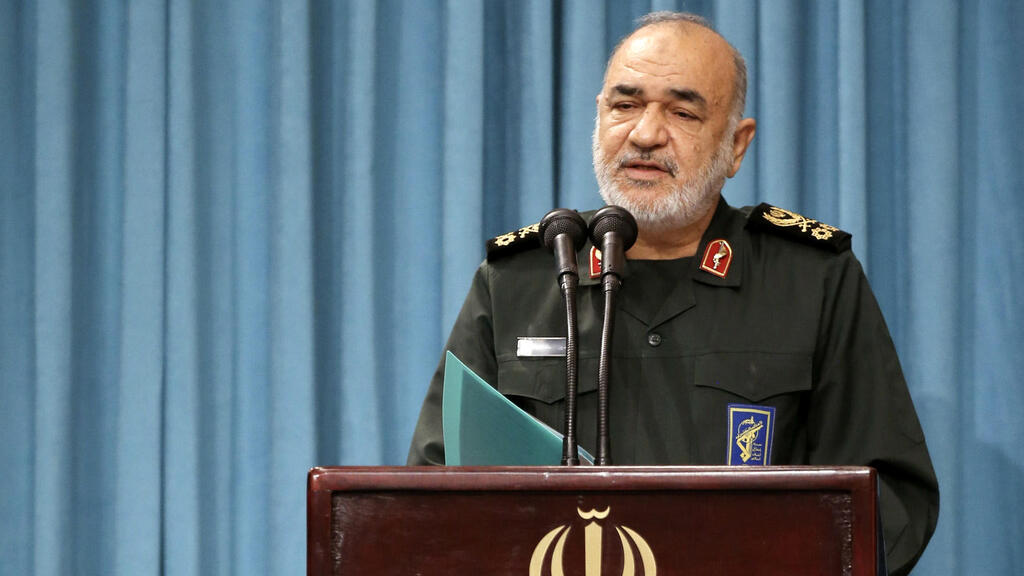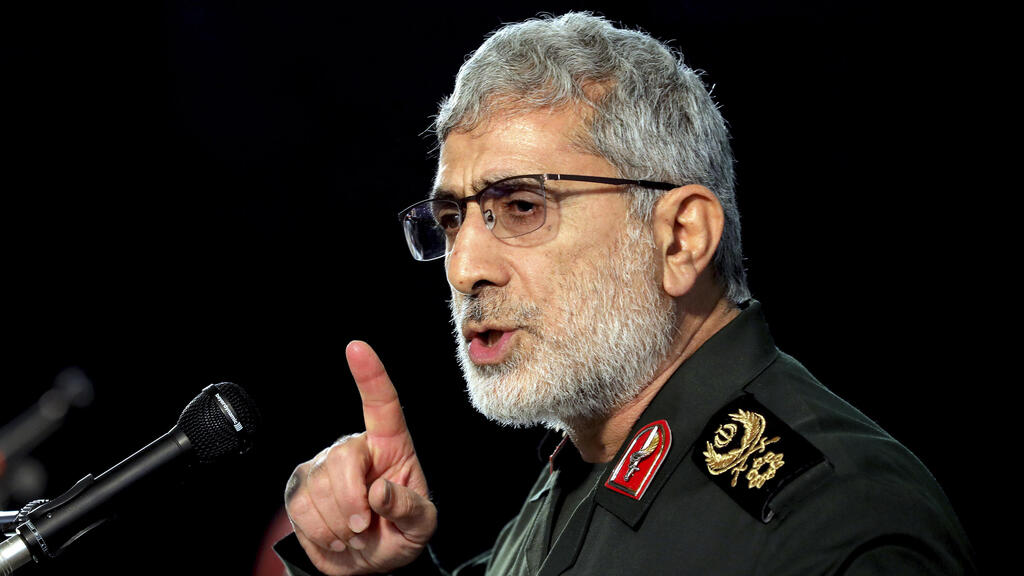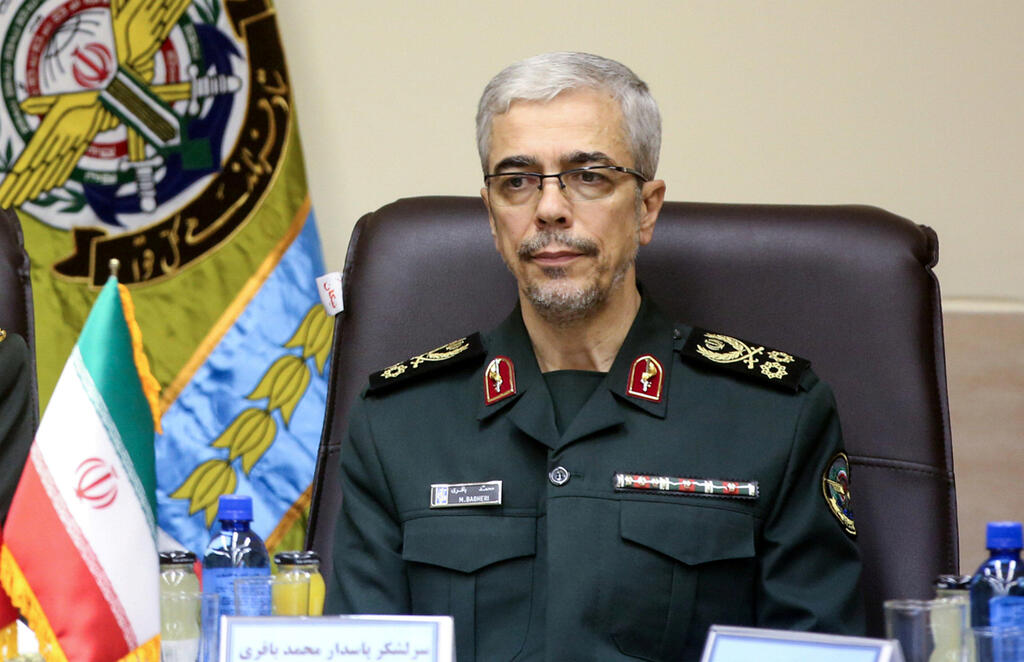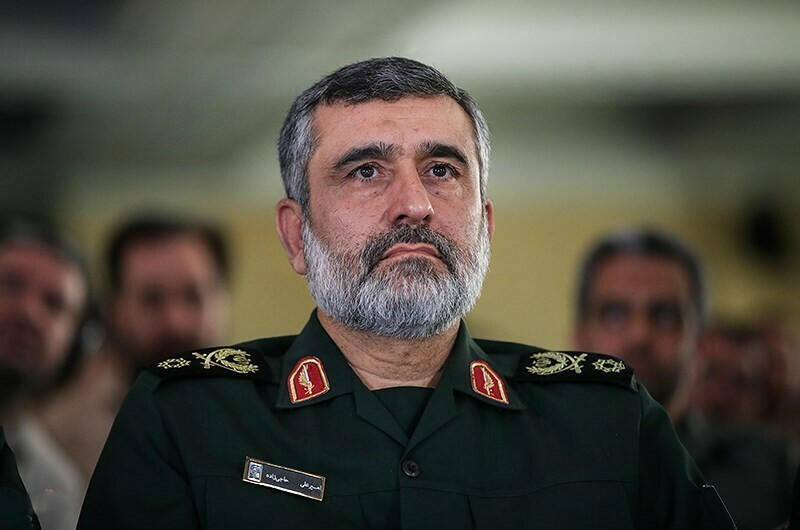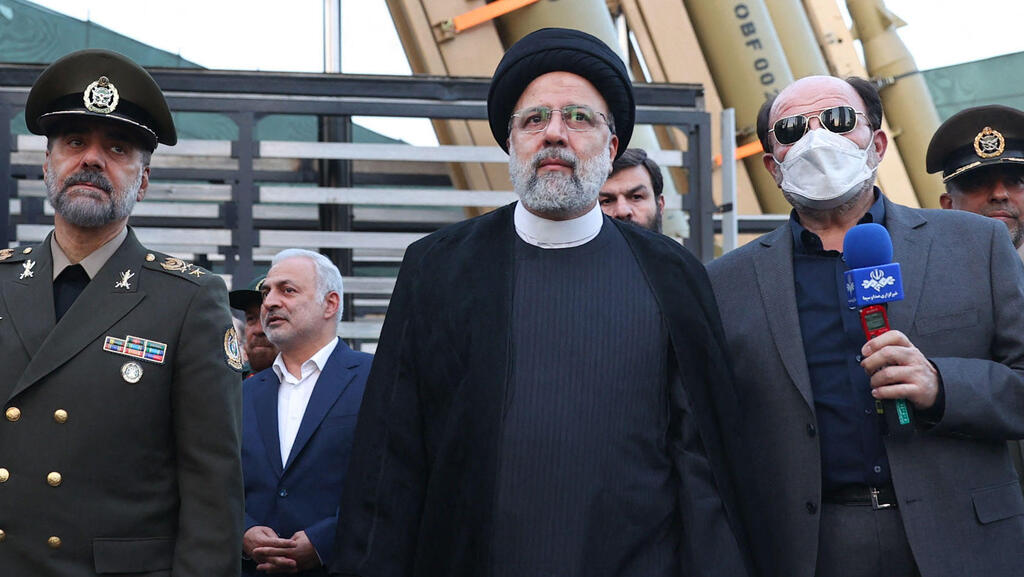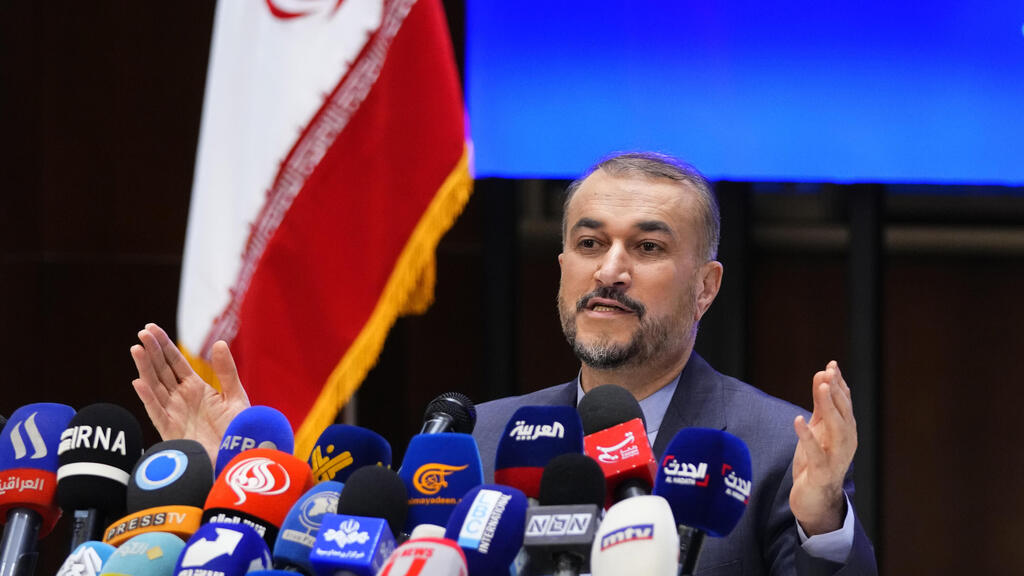Iran's threats against Israel, which it blamed for a strike against its senior officers in Damascus, were realized on Sunday with an unprecedented attack against Israel including over 300 drones and missiles launched, with the majority being intercepted.
While the world looks at Jerusalem and waits for the Israeli response to the attack, Iran – and its regime leaders who planned and led the attack – have again threatened that Tehran would launch an even more serious assault should an Israeli retaliation come to pass. These are the Iranian decision-makers behind the historic attack:
Iranian Supreme Leader Ali Khamenei: Khamenei, 84, is a politician and Shiite religious figure who was among the leaders behind Iran's Islamic Revolution in 1979. He was considered the right-hand man of the revolution's leader, Ayatollah Ruhollah Khomeini, and served under him as Iran's president from 1981, becoming one of the key decision-makers during the destructive war against Saddam Hussein's Iraq.
In 1989, following Khomeini's death, Khamenei was appointed as his successor, assuming the role of Supreme Leader, in which he holds the final say on all policies, particularly in matters related to military operations.
Khamenei has repeatedly promised in recent days to retaliate against Israel and "slap it," following the strike in Damascus which he blamed on Israel. He expressed great anger over the fact the attack was carried out against a building adjacent to Tehran's embassy in Syria – a complex that Iran claims was actually the Iranian consulate.
Islamic Revolutionary Guard Corps (IRCG) Commander Hossein Salami: He was appointed by Khamenei in 2019. The IRCG operates both within and outside of Iran, as seen in the country's recent presence in Syria. On Sunday, Salami addressed the Iranian attack saying: "We’ve changed the equation against Israel, and will now attack from Iranian soil against any Israeli aggression."
Quds Force Commander Esmail Qaani: He was appointed to lead the IRCG's elite unit after the U.S. assassination of Qasem Soleimani in 2020. While Soleimani was known for his charisma as a military leader who made the Quds Force a formidable military force, Qaani reportedly operates differently. Unlike Soleimani, he doesn't speak Arabic and has to use translators to deliver his messages.
The Quds Force is responsible for all IRCG operations outside Iran and its role is to support the Axis of Resistance forces against the U.S. and Israel, and to expand Iran's influence throughout the Middle East.
Iranian Chief of Staff Mohammad Baqeri: Baqeri has been actively involved in the attack against Israel. While attending the funeral of Mohammad Reza Zahedi, who was killed in Damascus, he said: "The method of our revenge will be determined by us."
On Saturday, he said ballistic and cruise missiles were used in the attack, and the Iranian plan was to strike an Israeli airbase from which fighter jets allegedly carried out the strike in Syria.
IRCG Aerospace Force Commander Amir Ali Hajizadeh: Ballistic missiles and drones that were used in the attack fall under Hajizadeh's responsibility. In a speech he gave in March, he said: "We have acquired high competency in all military sectors," and claimed: "We're one of the top three countries in drone manufacturing."
Iranian President Ebrahim Raisi: Raisi holds the second most important position in the Iranian regime, and was elected to the position in 2021. He is associated with the more conservative stream in the extremist Ayatollah regime, and he leads a much more aggressive policy toward the West than his predecessor, Hassan Rouhani.
Iranian opposition bodies call Raisi the Executioner of Tehran due to his involvement in the execution of thousands of political prisoners in the 1980s. Raisi plays a central role in conveying Iranian messages and Tehran's relations with neighboring countries. On Sunday he said, following the Iranian attack on Israel, that "Iran is at its most powerful today."
Iranian Foreign Minister Hossein Amir-Abdollahian: One of the most prominent figures in the Iranian regime, Amir-Abdollahian appears in local media frequently and is known for his anti-Israel statements. Since the start of the war in Gaza, he has worked to coordinate Iranian interests in various countries worldwide.
He also held many discussions about the situation with regional counterparts in recent days. He visited Oman and Syria, states which the Arab media claims were related to preparations for the attack's outcome and consequences.




